Cambodia urged to future-proof jobs with digital skills

The UNDP in Cambodia has launched the “Youth Employment Project” to upskill and/or reskill the young workforce in the country with digital skills.
India mulls gradual increase of retirement age

An advisory council to the prime minister has recommended raising the retirement age in phases, and to focus on creating jobs for older workers.
Unvaccinated employees barred from workplaces should be paid wages

The Philippines wants unvaccinated workers not allowed by their employers to enter workplaces to be paid for being present.
Indonesia preps more women for work in industrial sector

The Industry Ministry is training more women to master the latest technologies to support innovation and increase productivity in the industrial sector.
Malaysia’s unemployment rate rises to 4.8% in June

The unemployment rate rose month-on-month to 4.8% in June, according to the Department of Statistics Malaysia (DOSM).
Thailand increases aid to COVID-infected state employees

A new regulation that boosts the financial assistance offered to state enterprise employees infected with COVID-19 has taken effect.
“No vaccine, no work” policy examined in the Philippines

A labour group has urged the Department of Labour and Employment (DOLE) to investigate companies which discriminate against unvaccinated workers.
Vietnam’s southern provinces seek to end stay-at-work arrangements
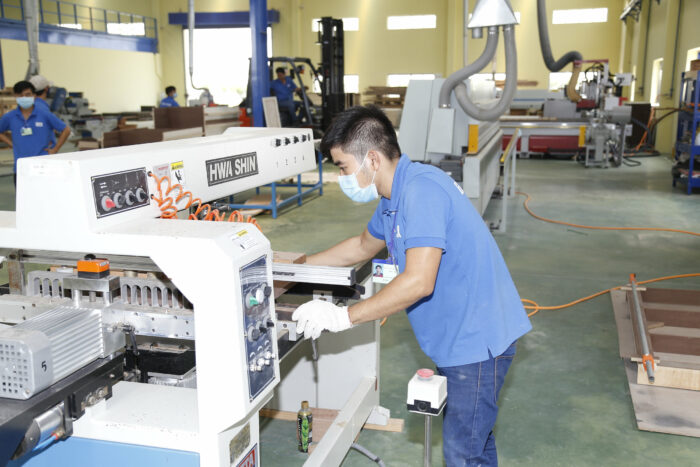
Many companies in the southern part of the country are seeking approval to allow their staff to go back to their own residences.
Employers to exercise discretion on mandating vaccination: Australian PM

The country will not enact special laws to mandate vaccination, but employers can make inoculation compulsory in high-risk environments.
India’s female labour participation fell to 16.1%

Recently released government statistics showed that the employment rate of women dropped to 16.1% in the third quarter last year.
Singapore to allow 50% of staff to return to workplaces from August 19
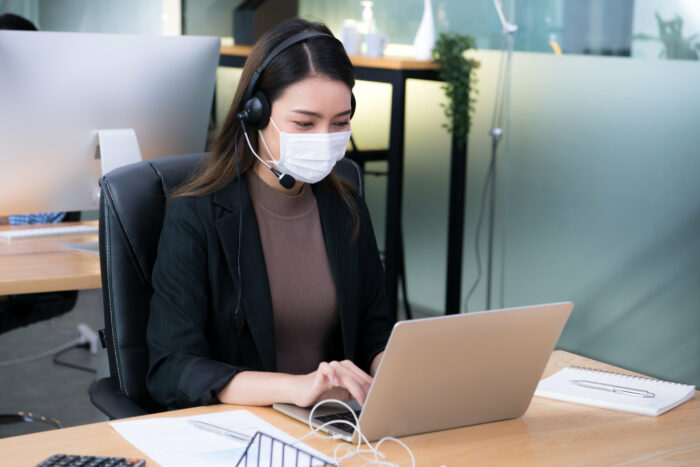
Up to half of employees will be permitted to return to their workplaces starting August 19 as the country prepares to relax its pandemic restrictions.
Employers should not use government relief funds for workers’ pay

Taiwan’s New Power Party (NPP) has raised the issue of employers using pandemic relief funds to pay their staff’s salaries.
Japan steps up vaccination at more workplaces

More workplaces are scheduled to start their on-site vaccination programmes In August, said prime minister Yoshihide Suga.
Companies urges Thai government to grant tax relief for vaccinations

Companies have asked the government to allow them to deduct the cost of vaccinating their employees from their corporate taxes.
India’s jobless rate at 4-month low in July

The unemployment rate in the country fell to 6.95% in July – the lowest in four months, an indication of possible recovery in the labour market.
Malaysian fresh grads urged to gain new skills to boost employability

Fresh graduates and first-time job seekers need to brace themselves for stiff competition amid the economic downturn caused by the pandemic.
Mandatory vaccination for key-sector workers in Hong Kong
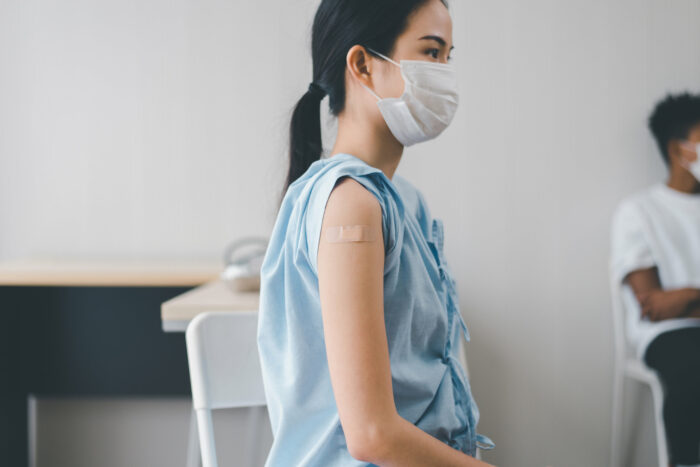
Civil servants, teachers and healthcare workers must get inoculated against COVID-19 or pay for regular testing.
Japan’s unemployment rate falls to 2.9% in June

The recovery was attributed to hiring at pandemic-hit restaurants and retailers as the state of emergency was lifted in some areas.
HR development key for Indonesia’s advancement
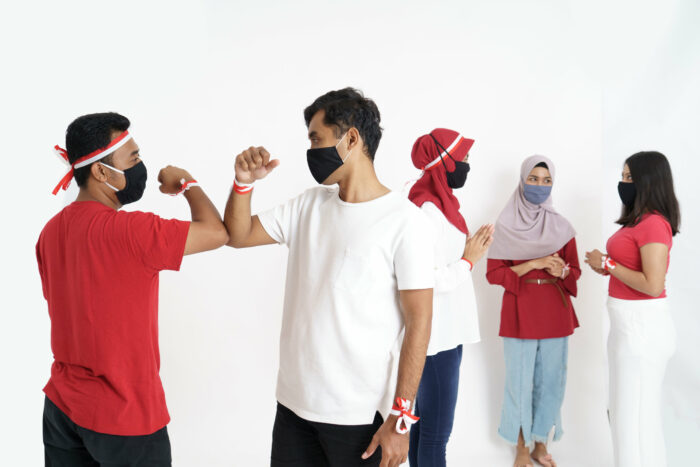
Finance Minister Sri Mulyani has called for the development of human resources as a priority for Indonesia’s continued development.
Singapore’s resident employment grew at slower pace in Q2
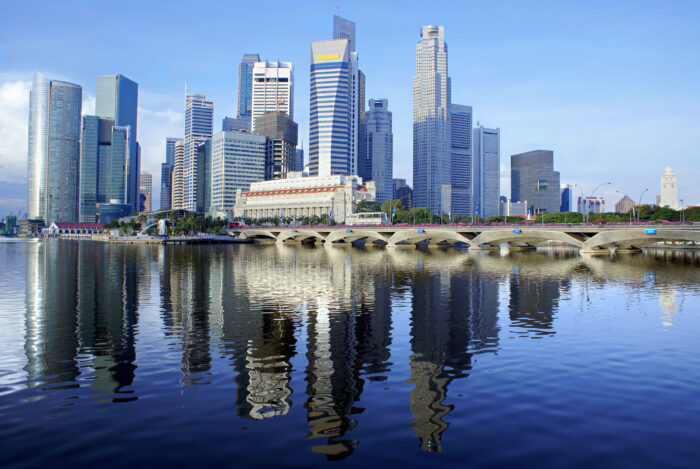
Resident employment for citizens and permanent residents continued to expand, though at a slow pace due to stricter pandemic measures from May 16.
South Korean president urges for swift disbursement of pandemic aid
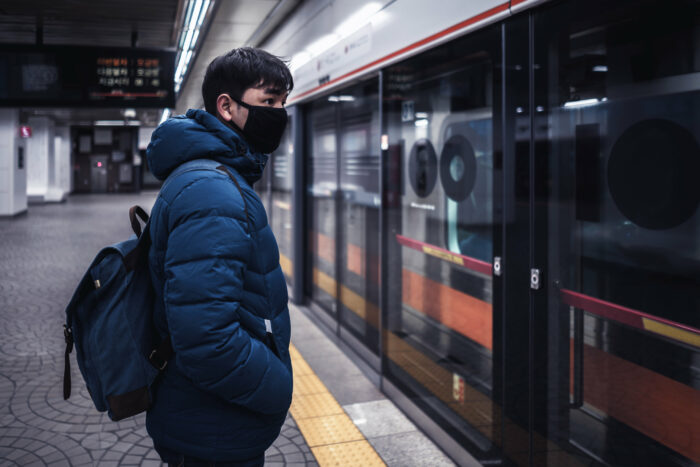
The 34.9-trillion-won (US$30.5-billion) supplementary budget should be disbursed swiftly to pandemic-hit businesses and people.
ADB loan to boost youth employment in the Philippines

A US$400-million (₱20.1-billion) loan from the Asian Development Bank (ADB) will expand employment and skills programmes for youth in the country.
68.1% of older South Koreans want to work till 73

About 68.1% of South Koreans aged between 55 and 79 said they would want to work till an average age of 73, health permitting.
Singapore addresses workplace discrimination

A Tripartite Committee on Workplace Fairness (TCWF) has been set up to review the framework for workplace fairness in Singapore.
New Zealand companies express interest for workplace vaccination

Companies are seeking to inoculate employees after the Ministry of Health sought expressions of interest to provide workplace vaccination.
Singapore businesses told to prepare for life with endemic COVID-19

As Singapore prepares to reopen its economy, businesses must play their part to facilitate this process, says Minister Gan Kim Yong.
Vietnam provides aid to pandemic-affected workers
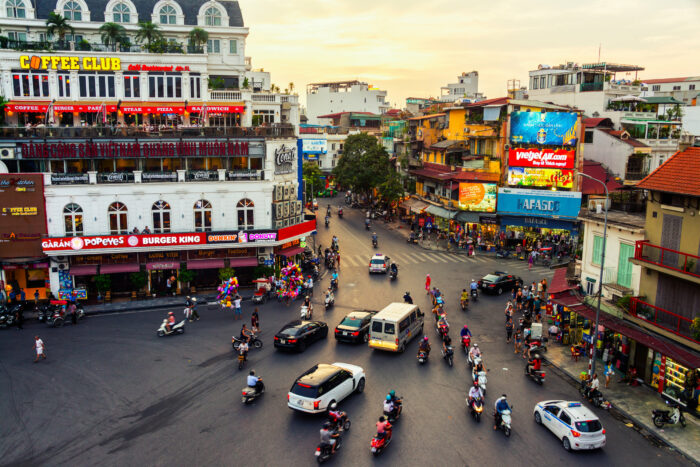
To buffer the impact of pandemic lockdowns, the government has been providing help to workers via its various policies.
Indonesia plans wage subsidies for workers
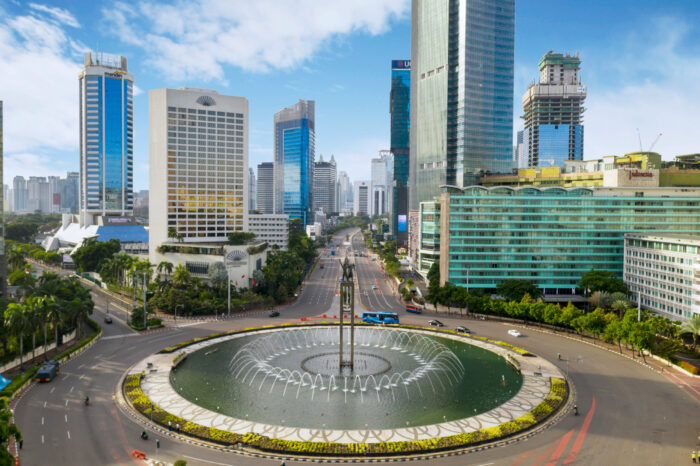
The Ministry of Manpower is preparing the policy for distribution of the BSU wage subsidy programme for workers in 2021.
10-day sick leave rule takes effect in New Zealand

The legislation doubling the minimum number of sick leave from five to 10 took effect on Saturday, July 24, for employees in New Zealand.
Singapore announces S$1.1-billion support package
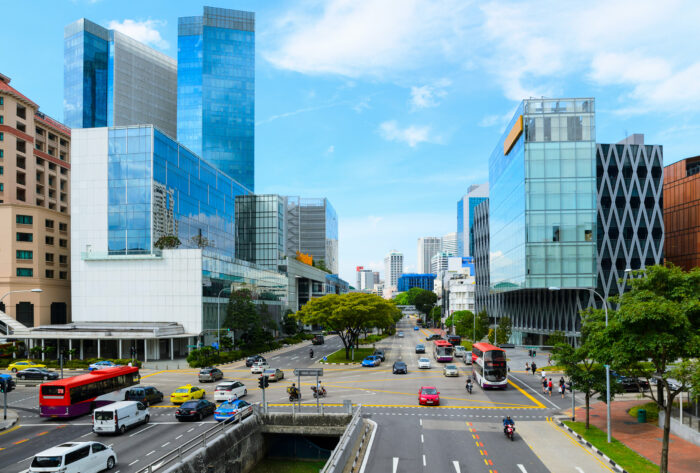
The support package will help workers and businesses affected by the country’s reversion to stricter pandemic restrictions.

